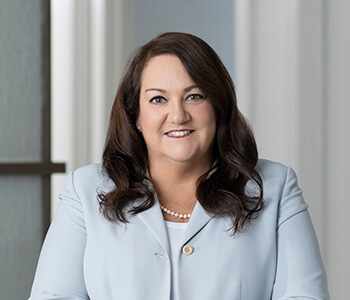Experience Delivering Results-Oriented Service in Challenging Times
Our attorneys have decades of experience in all areas of Family Law. We assist our clients in aggressively pursuing and defending all aspects of a divorce including custody, support, equitable distribution and alimony. Our presence in the Central Pennsylvania region has given our attorneys familiarity with the judges and court personnel of the Family Courts and has provided our firm with the ability to efficiently execute our client’s objectives. Clients involved in family law matters face challenging decisions. Navigating the legal intricacies of the divorce process adds another element of uncertainty to dealing with the already apparent changes taking place due to the initiation of a divorce. Our practical approach to each client’s unique situation allows them to make informed decisions about their future based upon the legal principles applicable to their situation. As is the case with all of our clients, we strive to provide the personal attention our clients deserve throughout their case.
Preparation for All Stages of Divorce
Every client and case is unique, and our firm has the ability and experience to guide our clients through the various stages of planning, filing, negotiation and, if necessary, divorce litigation. In addition, we will assist with the enforcement of postnuptial agreements. Regardless of where you are in the process, our experienced attorneys will help you sort through the issues and circumstances of your particular case and provide you with a clear picture of the road ahead.
Guidance in Valuing Your Marital Estate
Our experienced attorneys will guide you through the process of distinguishing marital from non-marital assets and valuing those assets. In valuing the assets, we often collaborate with other professionals such as actuaries, accountants and appraisers. Our attorneys will provide you with a clear understanding of your property subject to division and the strategy which maximizes your interests in the equitable distribution process.
Advocating for Our Clients
Our attorneys will explain the factors Pennsylvania courts use in determining a division of your marital estate that is equitable under your specific circumstances and will evaluate whether distribution can be achieved through settlement or litigation. We will advise you of the costs and benefits of pursuing every option available to you. Regardless of which course of action you choose, our attorneys will fight aggressively to protect your property interests and achieve the best possible result either through vigorous negotiation or effective representation during litigation.
Working Toward the Best Method to Obtain a Favorable Outcome
“Our attorneys work closely with clients to determine the best method to obtain the desired resolution. This is sometimes achieved by utilizing the Family Law Court system, while other divorces are resolved outside the courtroom through skilled negotiation. We advise our clients about appropriate settlement terms and work with them to craft resolutions that meet their goals and are consistent with the provisions of the Pennsylvania Divorce Code.
Our firm offers clients the traditional methods for divorce as well as the emerging family centered dispute resolution process called Collaborative Law. This is a process that provides clients an opportunity to solve their distribution issues outside of court, through a series of meetings between the parties and their attorneys. Our firm values the opportunity to go beyond what is expected and present our clients with as many solutions as possible.










